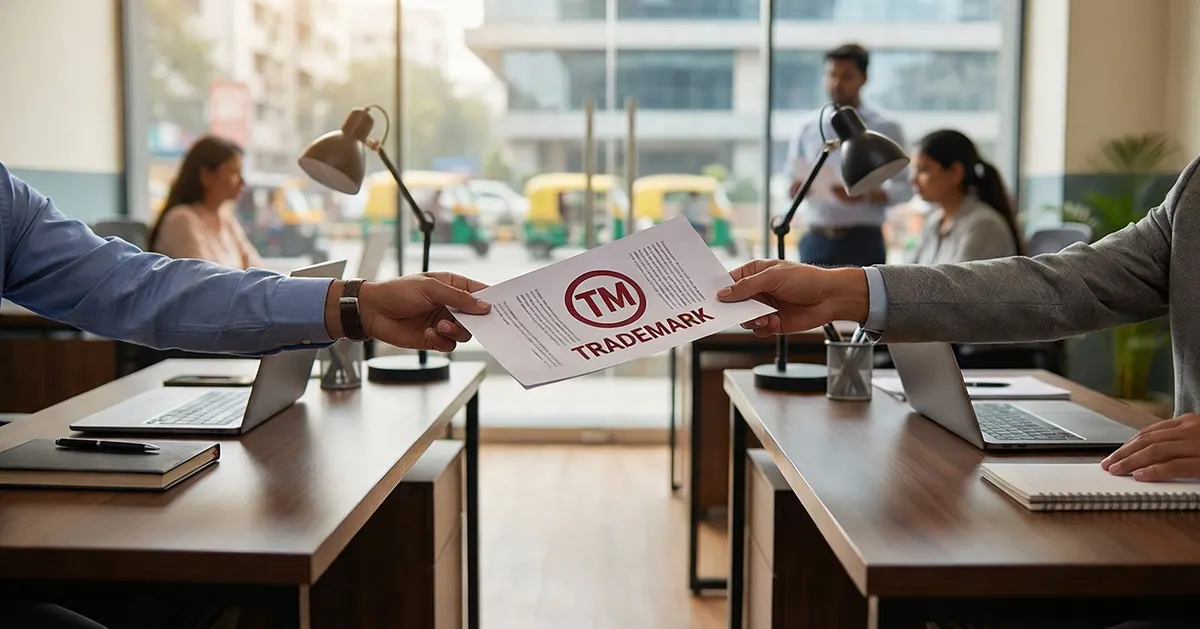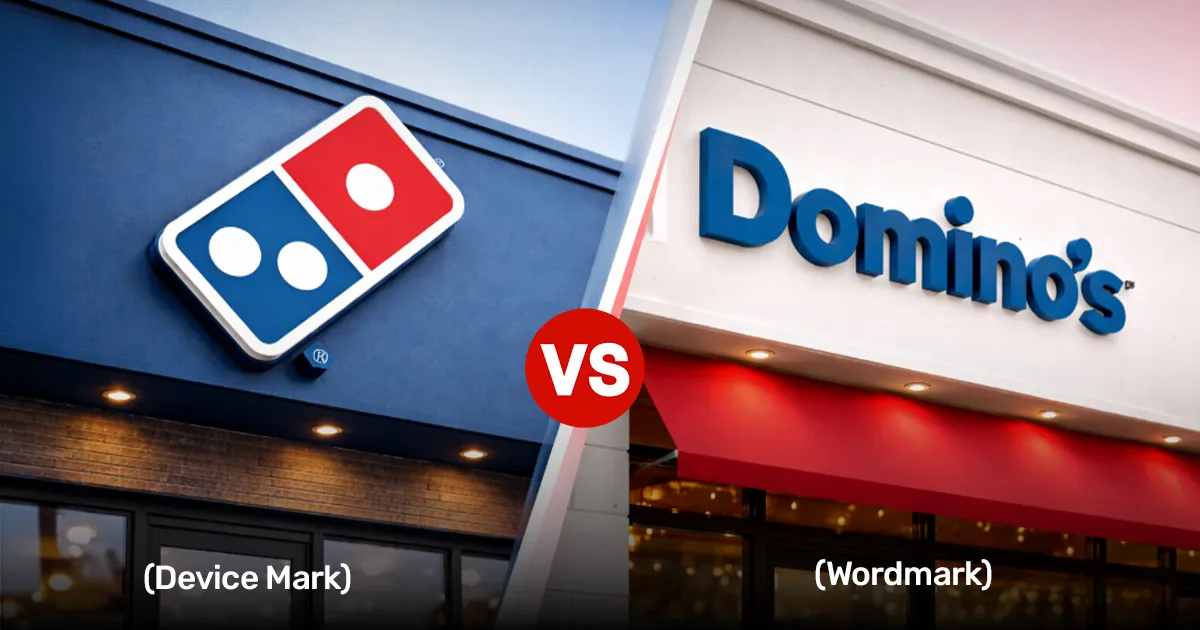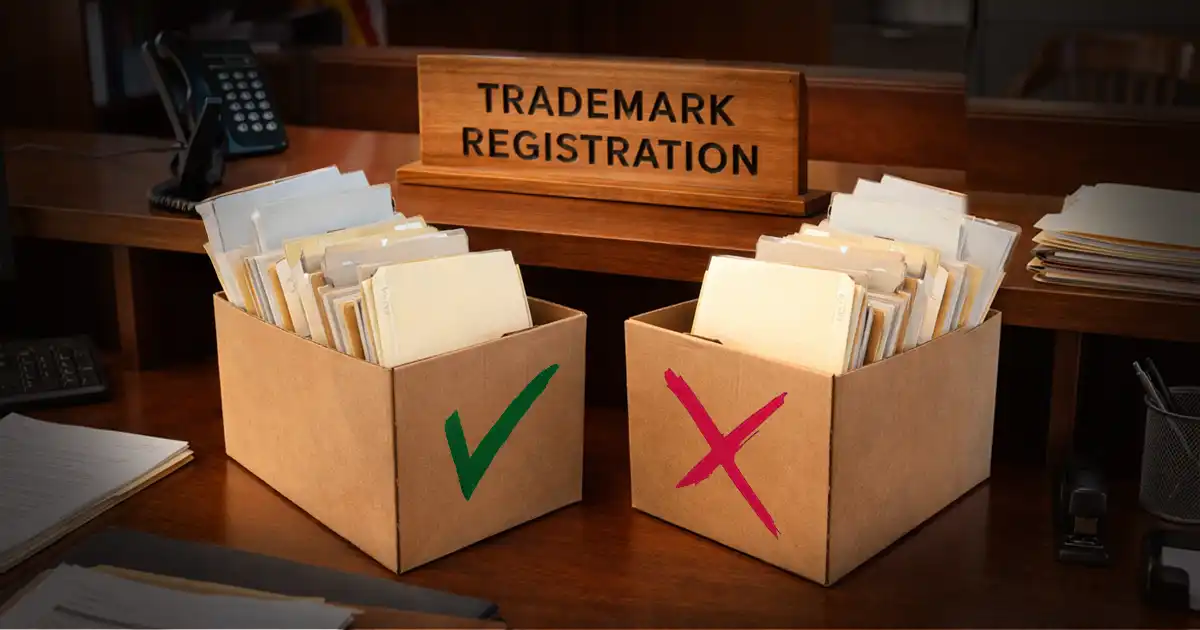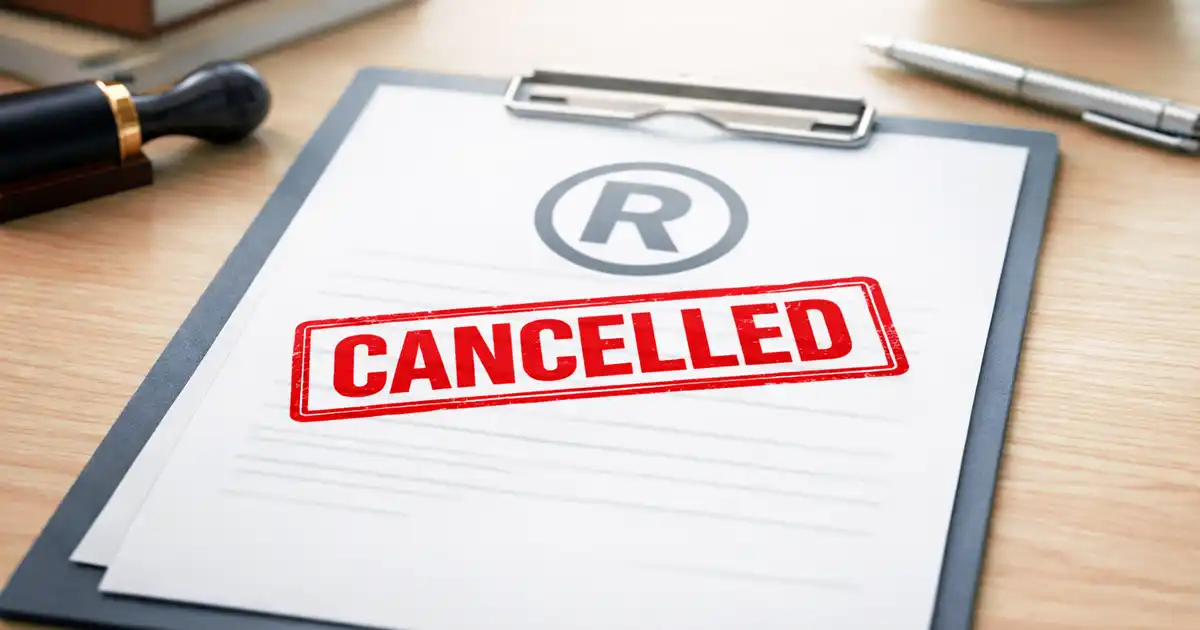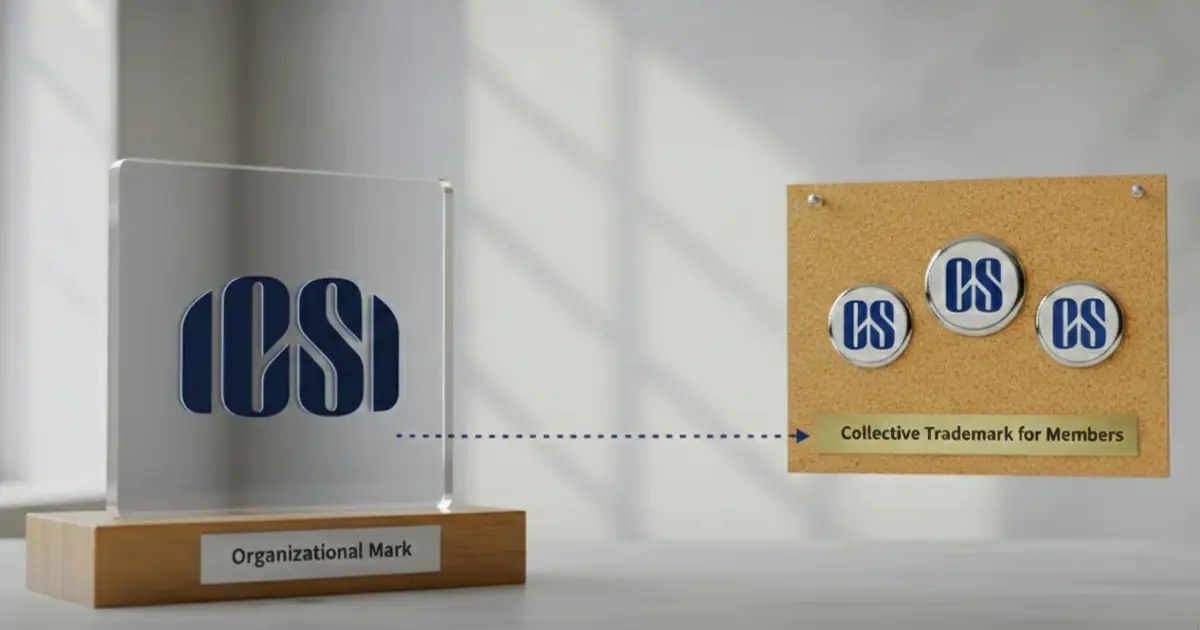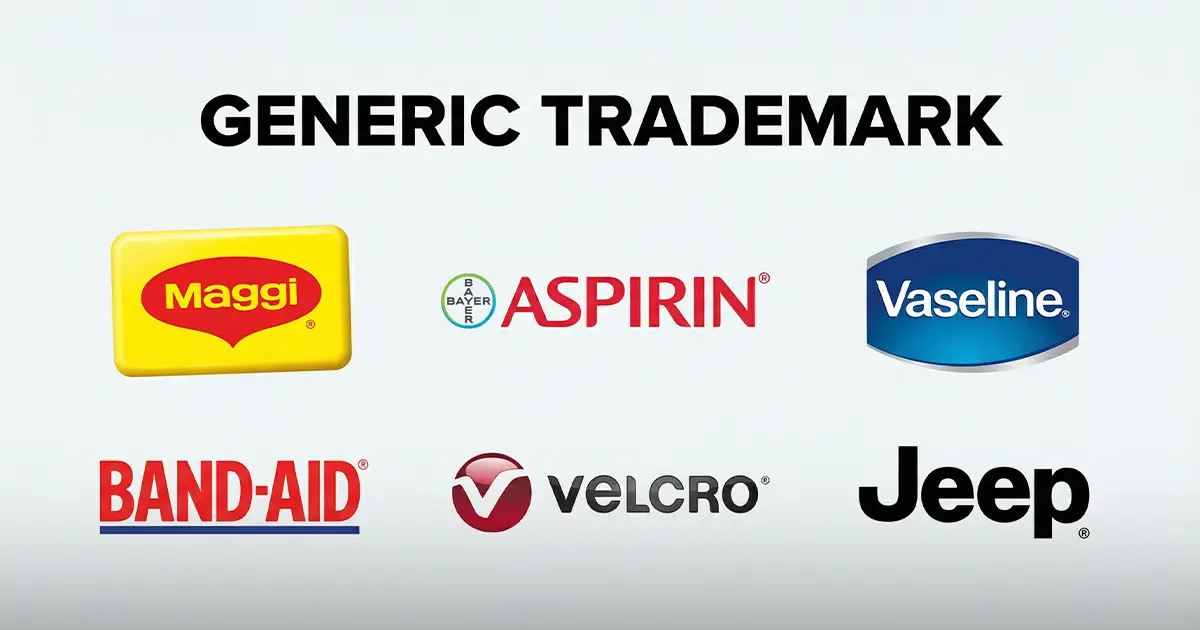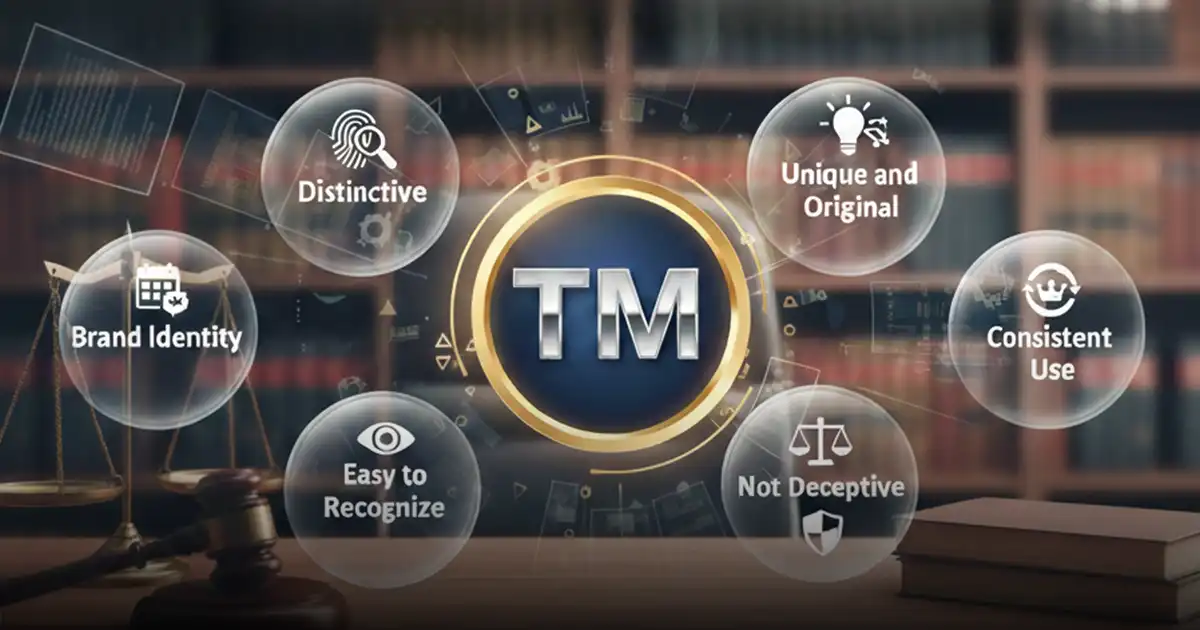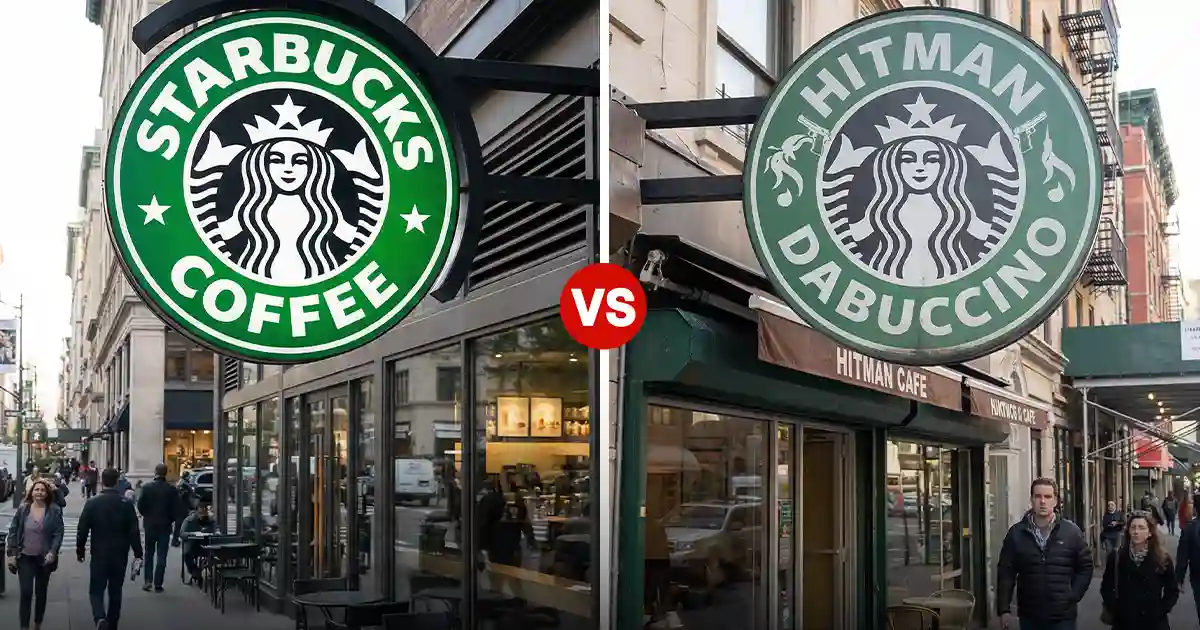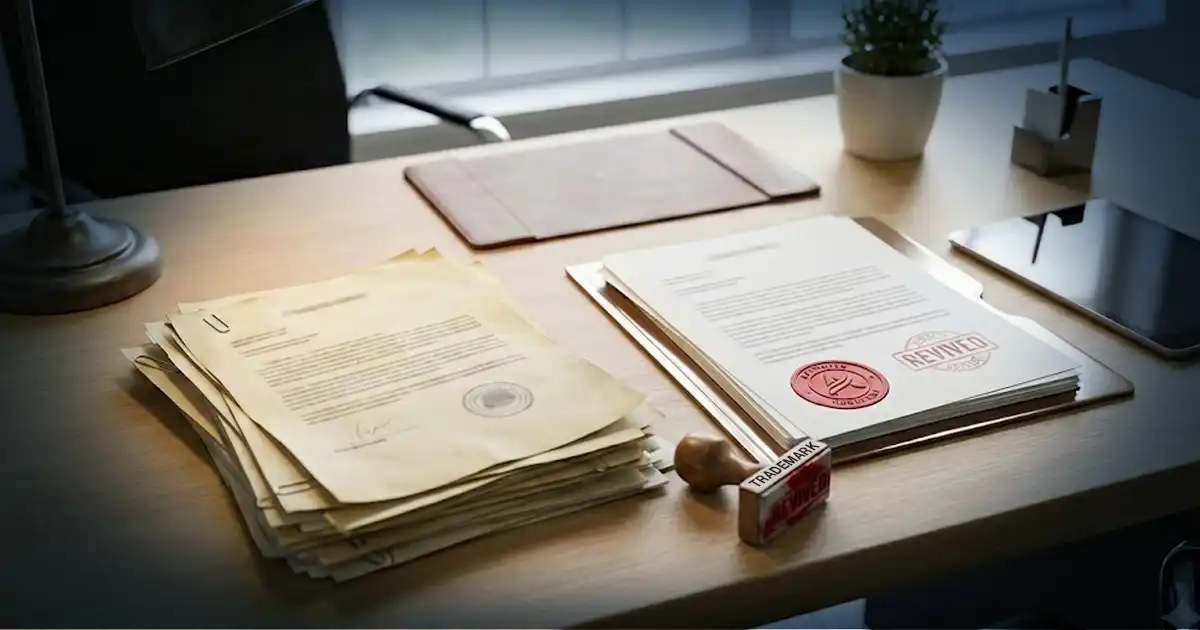Intellectual property (IP) disputes in India are governed by various laws that protect different types of IP rights. These laws are:
- Trade Marks Act, 1999: Governs conflicts related to trademarks and unfair trade practices. It also covers issues like passing off and counterfeit goods, protecting brand identity, and preventing misuse.
- Patents Act, 1970: Deals with patent infringement, challenges to patent validity, and licensing disagreements. The Patents (Amendment) Rules, 2024, recently updated procedures for filing, examination, and grant of patents, to make the process faster and efficient.
- Copyright Act, 1957: Covers disputes over copyright ownership and unauthorized use.
- Designs Act, 2000: Protects disputes involving the appearance or design of products. Registered designs are valid for 10 years, with a possible extension of 5 years, and infringement cases can be pursued in District or higher courts.
- Geographical Indications Act, 1999: Applies to goods linked to a specific region, such as Darjeeling tea, Mysore silk, or Alphonso mangoes, protecting their unique origin and reputation.
- Commercial Courts Act, 2015: Sets up faster courts for commercial disputes, including those involving IP.
Where are IP Cases Heard?
In India, intellectual property disputes can be heard in different forums, depending on the nature and value of the case:
- Commercial Courts: Special courts focused on business disputes, including IP cases, ensuring faster decisions.
- High Courts: Some HCs, like the Delhi High Court, have special IP divisions that handle these cases with expertise.
- District Courts: Hear certain IP cases depending on jurisdiction. They generally handle matters worth up to ₹3 crore or cases where the High Court does not have original jurisdiction.
Using Alternative Dispute Resolution (ADR) for IP Conflicts
Not all IP cases need to go to court. India also supports resolving disputes through out-of-court settlements:
1. Mediation
A neutral mediator helps both parties talk and reach a mutual agreement. It is governed under Section 89 of the Civil Procedure Code (CPC) for the settlement of disputes.
- Voluntary and confidential
- The mediator doesn’t decide, just guides
- Good for preserving business relationships
Example: Two companies dispute logo use; the mediator helps them agree.
2. Conciliation
Like mediation, but the conciliator suggests solutions.
- Less formal than court
- Parties can accept or reject the suggestions
- Helpful when both sides need guidance
Example: A writer and producer disagree on credits; the conciliator proposes a fair fix.
3. Arbitration
A private process where an arbitrator hears both sides and makes a binding decision.
- Faster than the court
- Final and enforceable decision
- Often used if contracts have arbitration clauses
Example: Two firms fight over a patent license; the arbitrator settles it.
Note: The Supreme Court ruled that public issues like patent validity must go to court, but private disputes such as licensing or contract matters can be resolved through arbitration. This makes arbitration a valid and efficient method for many IP conflicts.
Other Important Points
Additional legal and enforcement tools also help manage IP conflicts in India:
- Anton Piller Orders allow authorities to conduct a search and seizure without prior notice in IP cases.
- John Doe Orders (injunctions against unknown defendants) are commonly used in cases of online piracy and counterfeit goods.
- Customs Enforcement is covered under the Intellectual Property Rights (Imported Goods) Enforcement Rules, 2007, to prevent the import of counterfeit products.
- Courts can provide temporary relief (injunctions) to stop ongoing infringement.
- Some specialized forums handle unique IP matters, though they are limited.
- Customs authorities monitor and prevent the cross-border trade of fake goods.
- Courts can award damages or fines to the rights holder.
- Most IP laws have time limits for filing disputes, around 3 years from the date of the cause.
This clarity has improved the overall arbitrability of intellectual property disputes, making ADR in intellectual property disputes a practical and efficient option for businesses.


